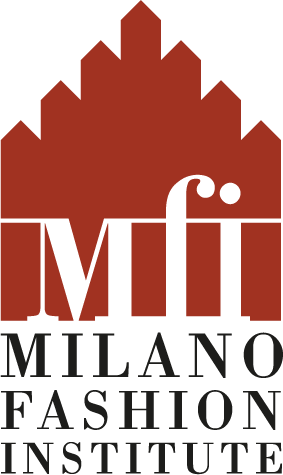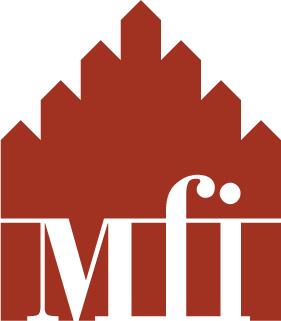News Feb. 22, 2023
MFI IS PROUD TO BE A PART OF #MFW WOMEN’S FALL/WINTER 23-24
#MFW Women’s Fall/Winter 23-24 will take place during February 21-27 2023
Milano Fashion Institute is proud to be part of #MFW Educational Talks on February 22nd at 11:30 a.m. – 1:00 p.m. at “Sala Parlamentino” of Palazzo Giureconsulti, there will be a rich program of EDUCATIONAL TALKS: Milan fashion schools, foundations, businesses and associations will meet to discuss various themes relevant to sustainability, the promotion of diversity and enterprises’ organizational needs and also share their differing experiences to inform and educate. D&I, the connection between fashion and nature, the socio-cultural anatomy of digitalization, consumer trends, creativity and portfolio reviews are just some of the themes that will be explored during the week. There will be a special focus, with Lineapelle, on the excellence of leather, its values and some false myths to be debunked. And the Italian Trade Agency will be taking part in a talk on internationalization.
February 24th 2023, 5:00pm - 6:00pm
CNMI AND ICE-AGENCY – DISRUPTIVE CONSUMER TRENDS
Disruptive consumer trends. A Global creative flow who is shaping diverse consumer sentiment.
A story of which consumers are influencing the way of fashion today, from the new ones creative aesthetics, socio-cultural movements, styles and consumer products. We talk about creativity, attitudes, styles, colors and journeys that run through the macro inspirations. A narrative path that starts from the USA passing through South Korea, the Middle East and Europe.
February 26th 2023, 3:00pm – 4:30pm
UNIC – LEATHER, A PRODUCT OF EXCELLENCE OF OUR MADE IN ITALY: ITS VALUES AND FALSE ASSUMPTIONS TO BE DISMANTLED
“Made in Italy” leather has made sustainability the most important element of its production.
Nowadays it represents the essential material for the big brands of design and luxury fashion. Every year, Italian tanneries are committed to improving the impact of their production processes by reducing water, energy and chemical product consumption. This is without forgetting the creative and aesthetic aspect. The history of tanning dates back to the mists of time and is a fascinating journey, just waiting to be discovered.

